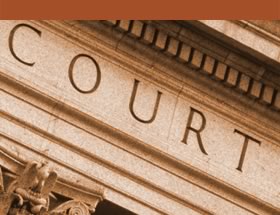Identifying the police informant
The Supreme Court of Canada recently ruled that, although the police and the prosecution have a legal obligation to safeguard the identities of their informants, the defence is under no such obligation. Therefore, as long as the defence learns the identity of a police informant in a lawful manner and for a lawful purpose, then they are at liberty to use that information to their advantage.
This is an important decision in criminal defence law, because there has been uncertainty as to exactly what a defence lawyer may do in order to defend his or her client in drug-related cases. This concern arose after the Alberta Court of Appeal found a private detective liable for extortion and obstruction of justice after a lawyer hired him specifically to learn the identity of the informant who gave up his client.
Read the judgment here








